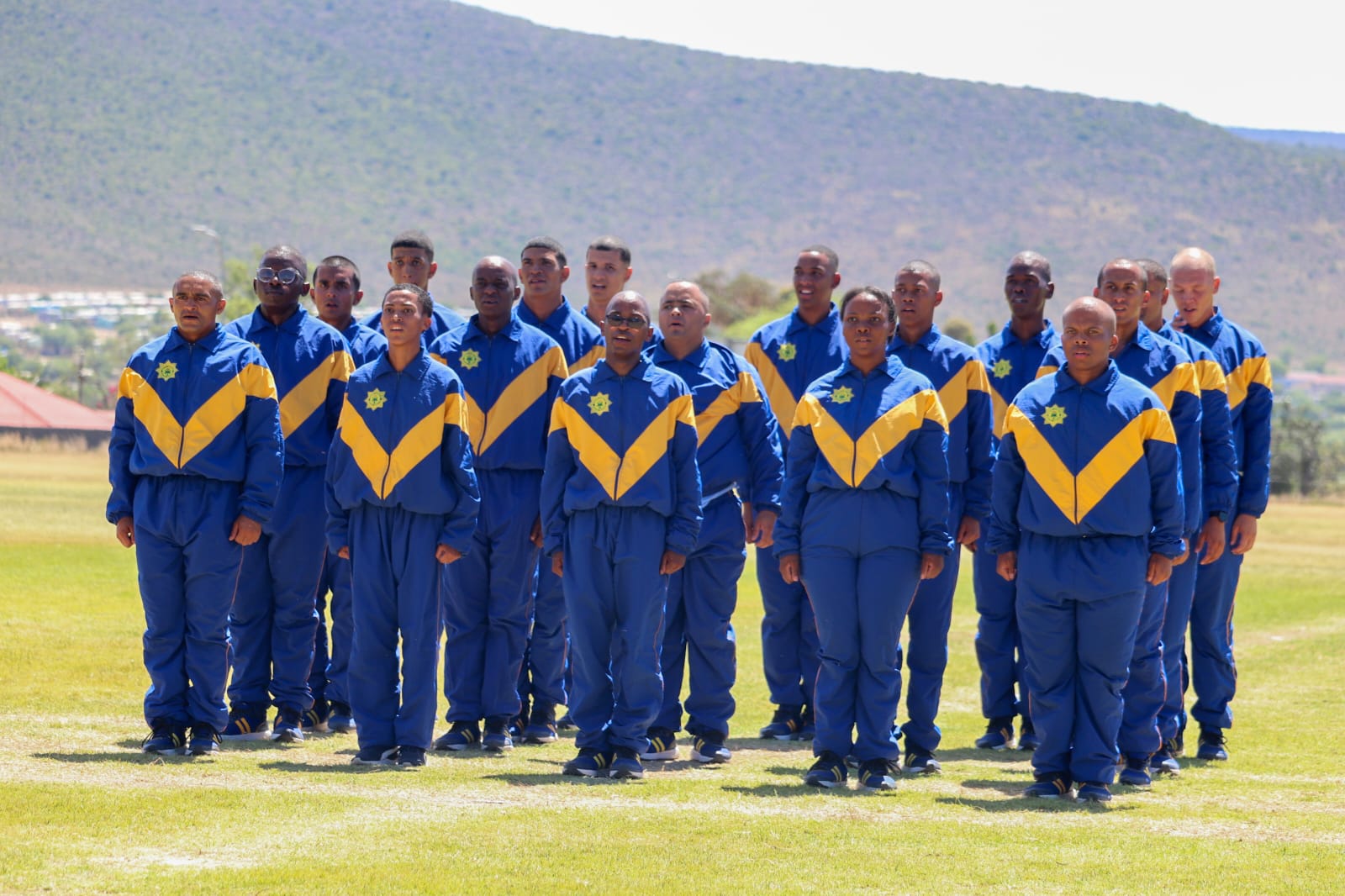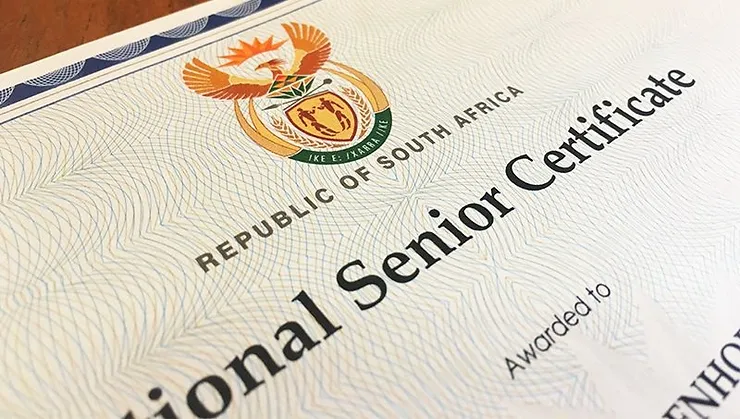Creating a strong CV (Curriculum Vitae) as a student or recent graduate can feel overwhelming—especially when you don’t have much work experience. But don’t worry! A clean, professional CV format focused on your skills, education, and potential can help you land internships, entry-level jobs, and graduate opportunities.
In this guide, we’ll walk you through the best CV format for students and graduates, including tips, a breakdown of what to include, and a free downloadable template.
🎯 Why CV Format Matters
Recruiters spend less than 10 seconds scanning a CV—so structure and clarity are everything. The right format helps you:
- Highlight your strengths
- Show your readiness for the opportunity
- Make a great first impression
📄 Best CV Format for Students and Graduates (South Africa)
Use a reverse-chronological format, which focuses on your most recent education and experiences first. This format is clean, simple, and ideal for applicants with limited work experience.
🧩 What to Include in Your Student or Graduate CV
Here’s the ideal structure for your CV:
1. Contact Information
At the top of the page, include:
- Full name
- Phone number
- Email address
- Location (City, Province)
- LinkedIn profile (optional)
✅ Tip: Use a professional email address like name.surname@gmail.com
2. Professional Summary (2–3 lines)
Write a short paragraph summarizing who you are, what you’re studying, and what you’re looking for.
Example:
“Motivated final-year Marketing student at UJ with a passion for digital marketing and brand strategy. Eager to apply classroom knowledge in a real-world internship environment.”
3. Education
List your most recent education first:
- Qualification name (e.g., National Diploma in Information Technology)
- Institution name
- Years attended
- Relevant coursework or achievements
4. Skills
Highlight soft and technical skills relevant to the position:
- Teamwork
- Microsoft Office / Google Workspace
- Communication
- Time management
- Excel / Canva / Programming (if applicable)
5. Experience
If you don’t have formal work experience, include:
- Internships
- Volunteer work
- School projects
- Leadership roles
Format:
Position Title – Organisation
Month Year – Month Year
- Key responsibilities
- Achievements
6. Certifications or Short Courses (optional)
Add any online courses, workshops, or training (from platforms like Coursera, Udemy, or LinkedIn Learning).
7. References
List 1–2 references, or say:
“References available on request.”
📥 Free CV Template (Download)
👉 Click here to download a free editable CV template for students and graduates (Word format)
💡 Extra Tips for a Great CV
- Keep it 1–2 pages
- Use a clear font like Arial or Calibri (11–12pt)
- Avoid using slang or emojis
- Save and send as PDF format unless asked otherwise
🔍 Need More Help?
Check out our other useful guides:
✍ Final Thoughts
Your CV is your first step into the world of work. Even if you don’t have experience, presenting your skills, education, and passion professionally will make a big impact.
Need help reviewing your CV? Email us at 📧 info@gointern.co.za for feedback.
Frequently Asked Questions (FAQs) About Internships in South Africa 2026
Internships are one of the most effective ways for young people in South Africa to gain real-world work experience. Whether you are a recent graduate, a student still studying, or someone looking to change careers, internships can open the door to valuable opportunities. Below are some of the most common questions about internships in South Africa, along with detailed answers to help you succeed.
1. What is an internship?
An internship is a structured program offered by companies, government departments, or NGOs that allows students and graduates to gain work experience in their chosen field. Internships are usually temporary — lasting anywhere from three months to a year — and may be paid or unpaid.
Unlike casual work, an internship focuses on skills development, mentorship, and exposure to professional environments. Many internships lead to permanent jobs if the candidate performs well.
2. Why are internships important in South Africa?
Internships are especially important in South Africa because many employers require work experience even for entry-level jobs. Since graduates often finish university or college without practical experience, internships help bridge this gap.
Key benefits of internships include:
- Gaining hands-on skills relevant to your career.
- Building a professional network.
- Improving your CV and employability.
- Increasing chances of securing permanent employment.
- Exploring different career paths before committing long-term.
3. Are internships paid in South Africa?
Internships in South Africa can be both paid and unpaid.
- Paid internships usually offer a monthly stipend to cover transport, food, and basic living costs. The amount varies by company and industry.
- Unpaid internships provide work experience without financial support. These are more common in NGOs, creative industries, or small businesses.
Even if an internship is unpaid, the value of experience, references, and networking can outweigh the lack of pay — especially for students looking to enter competitive industries.
4. Who can apply for an internship?
Most internships are designed for:
- Recent graduates who have completed a diploma, degree, or certificate.
- Final-year students seeking workplace experience as part of their qualification.
- Unemployed youth registered with programs like YES (Youth Employment Service).
Some internships are open to all young South Africans aged 18–35, while others may require specific qualifications or skills.
5. How long do internships last?
The duration of internships varies depending on the employer and industry:
- Short internships: 3–6 months, often project-based.
- Graduate internships: 12 months, common in government and corporate programs.
- Work-integrated learning (WIL): 6–12 months, usually required by universities or TVET colleges for graduation.
6. How do I find internships in South Africa?
There are several ways to find internship opportunities:
- Career websites such as GoIntern, Indeed, or Career24.
- Company websites — many big organizations like Sasol, Nedbank, or Eskom advertise graduate internships.
- Government portals like the DPSA (Department of Public Service and Administration).
- University career centers or student support services.
- Networking — asking lecturers, alumni, or professionals in your field.
7. What documents are needed to apply for an internship?
When applying for an internship, you will normally need:
- A South African ID (certified copy).
- An updated CV.
- Matric certificate and/or academic transcripts.
- Motivational letter explaining why you want the internship.
- Proof of residence (for government or municipal internships).
- Bank details (for paid internships).
8. Do internships guarantee permanent jobs?
Not always. Internships are primarily designed to give experience, not employment. However, many companies use internships as a recruitment tool. If you perform well, you may be offered a permanent position.
Your chances of being hired after an internship increase if you:
- Show commitment and professionalism.
- Take initiative and learn quickly.
- Build strong relationships with colleagues.
- Demonstrate that you add value to the organization.
9. What is the difference between an internship, learnership, and apprenticeship?
- Internship: For students or graduates, focused on workplace exposure. Duration is 3–12 months.
- Learnership: A structured program combining theory and practical training. Leads to an NQF qualification. Funded through SETAs.
- Apprenticeship: Technical training in trades (like plumbing, welding, or electrical work) that leads to artisan qualifications.
10. When should I apply for internships in 2026?
Most internships for the 2026 intake will open between September 2025 and February 2026. Graduate programs at large companies usually advertise opportunities towards the end of the year for placements starting in January. Government internships often open at the beginning of the year.
To increase your chances:
- Start searching in the second half of 2025.
- Keep your CV updated.
- Apply to multiple opportunities — don’t wait for just one.
Conclusion
Internships are a stepping stone to building a successful career in South Africa. They provide students and graduates with valuable skills, workplace experience, and networking opportunities that can lead to permanent employment. Whether paid or unpaid, an internship in 2026 could be the launchpad for your future success.
If you’re serious about your career, start preparing your application documents now and keep an eye on internship listings throughout 2025.











Leave a Reply